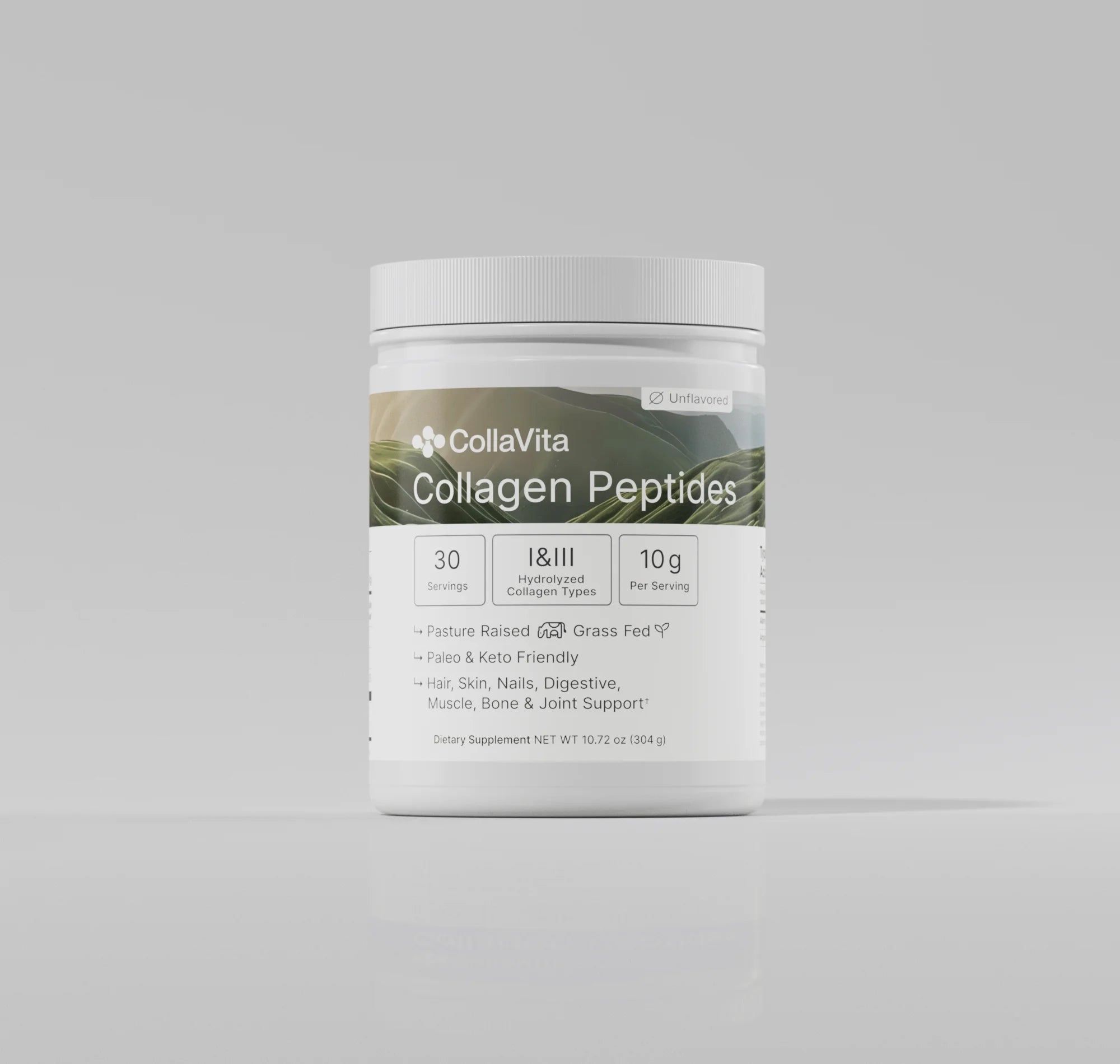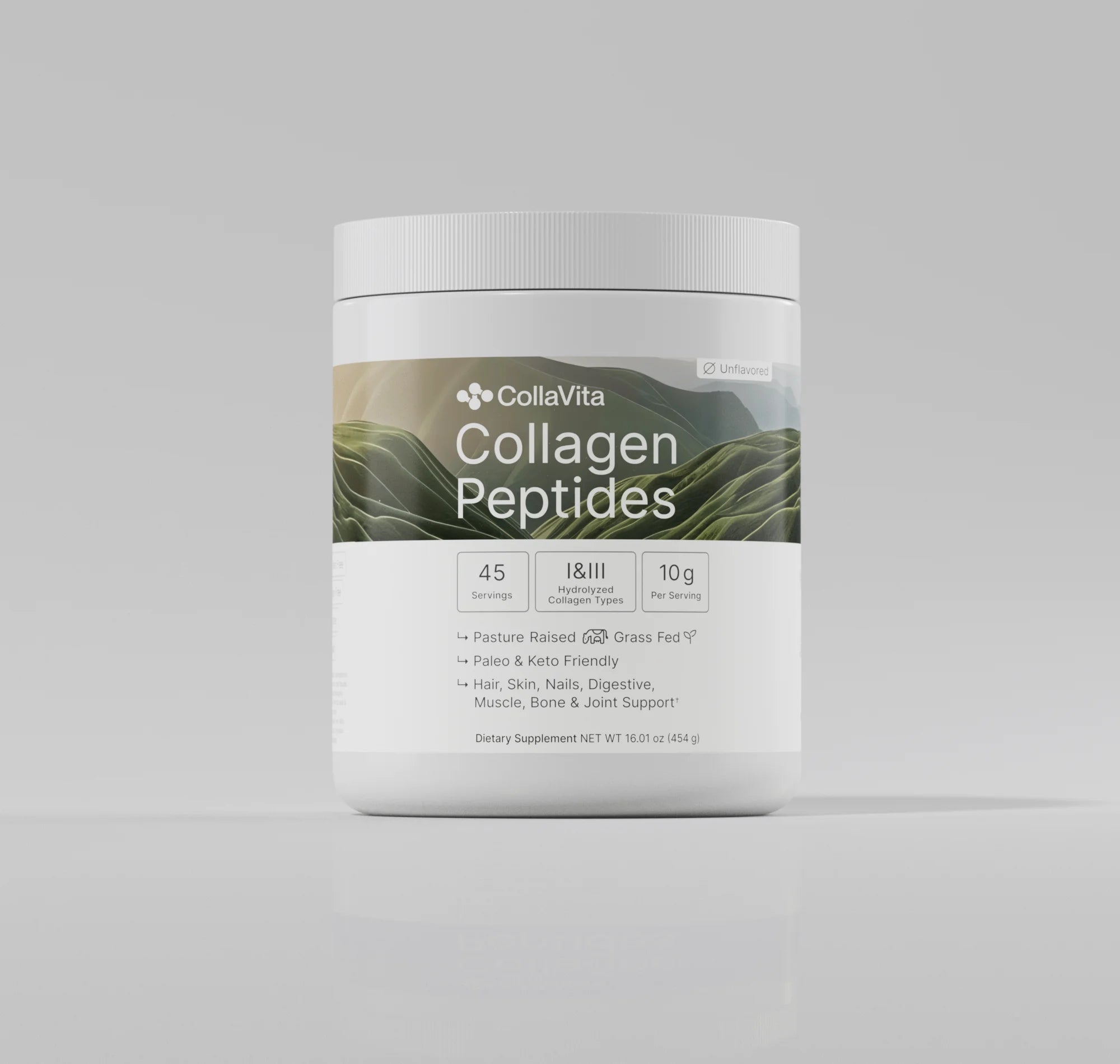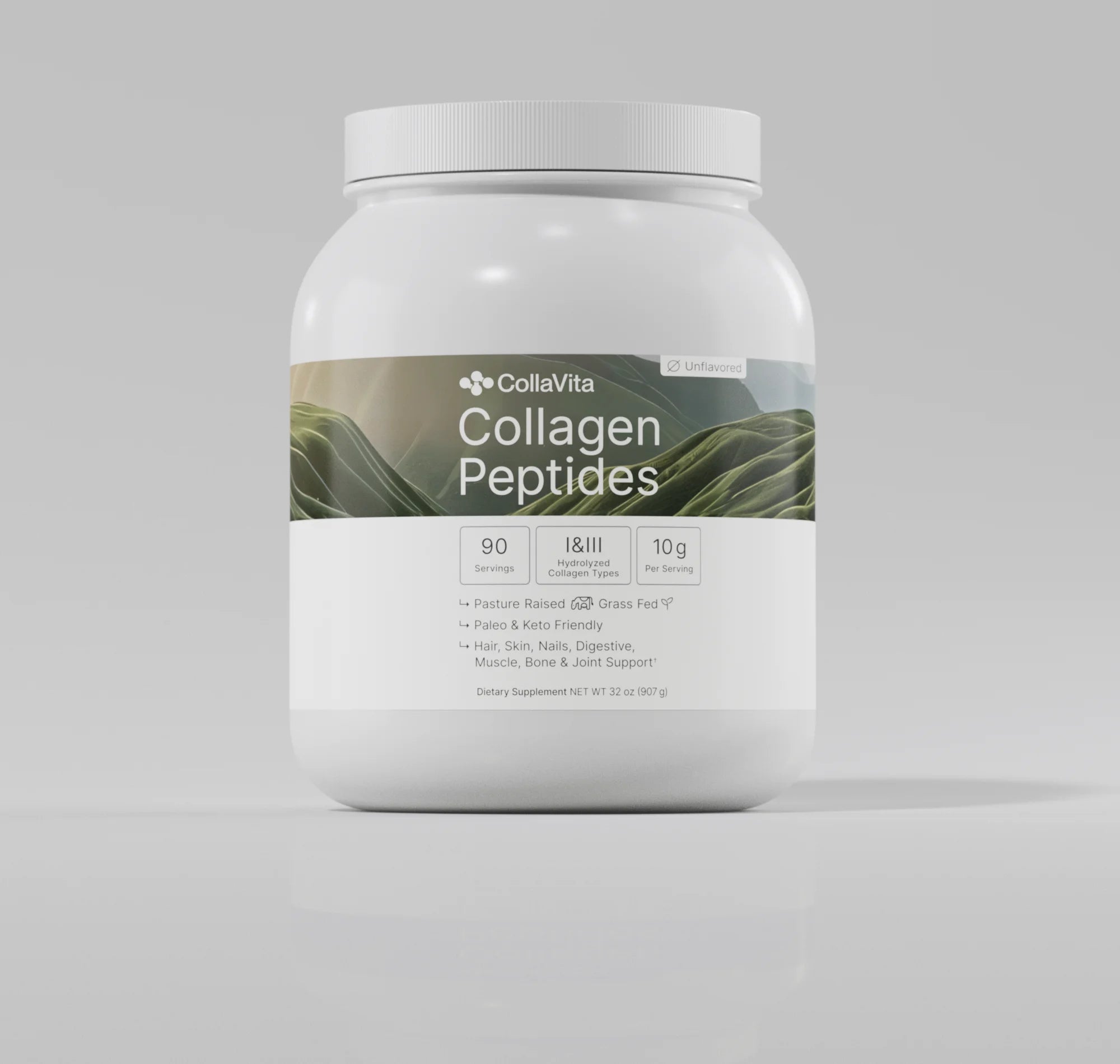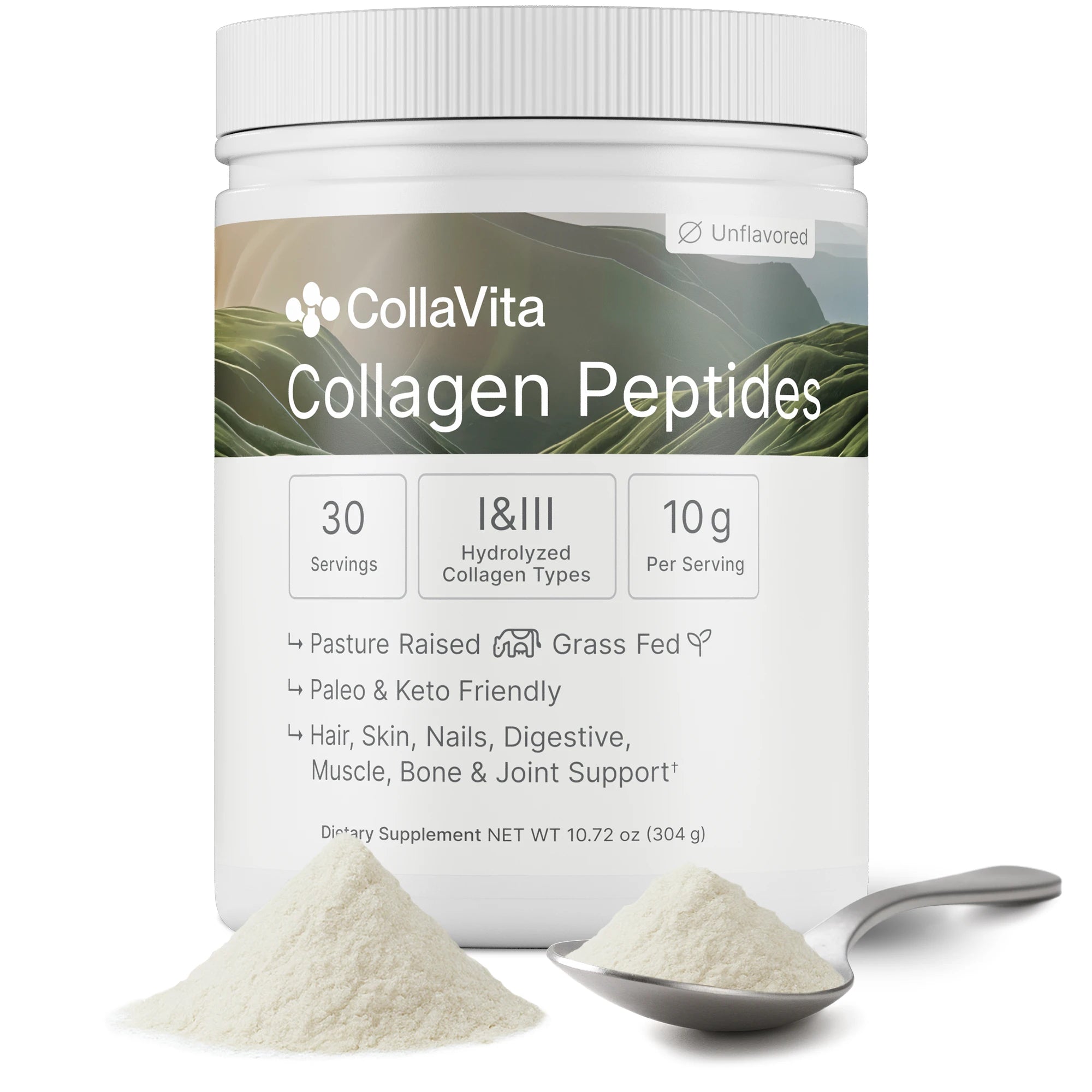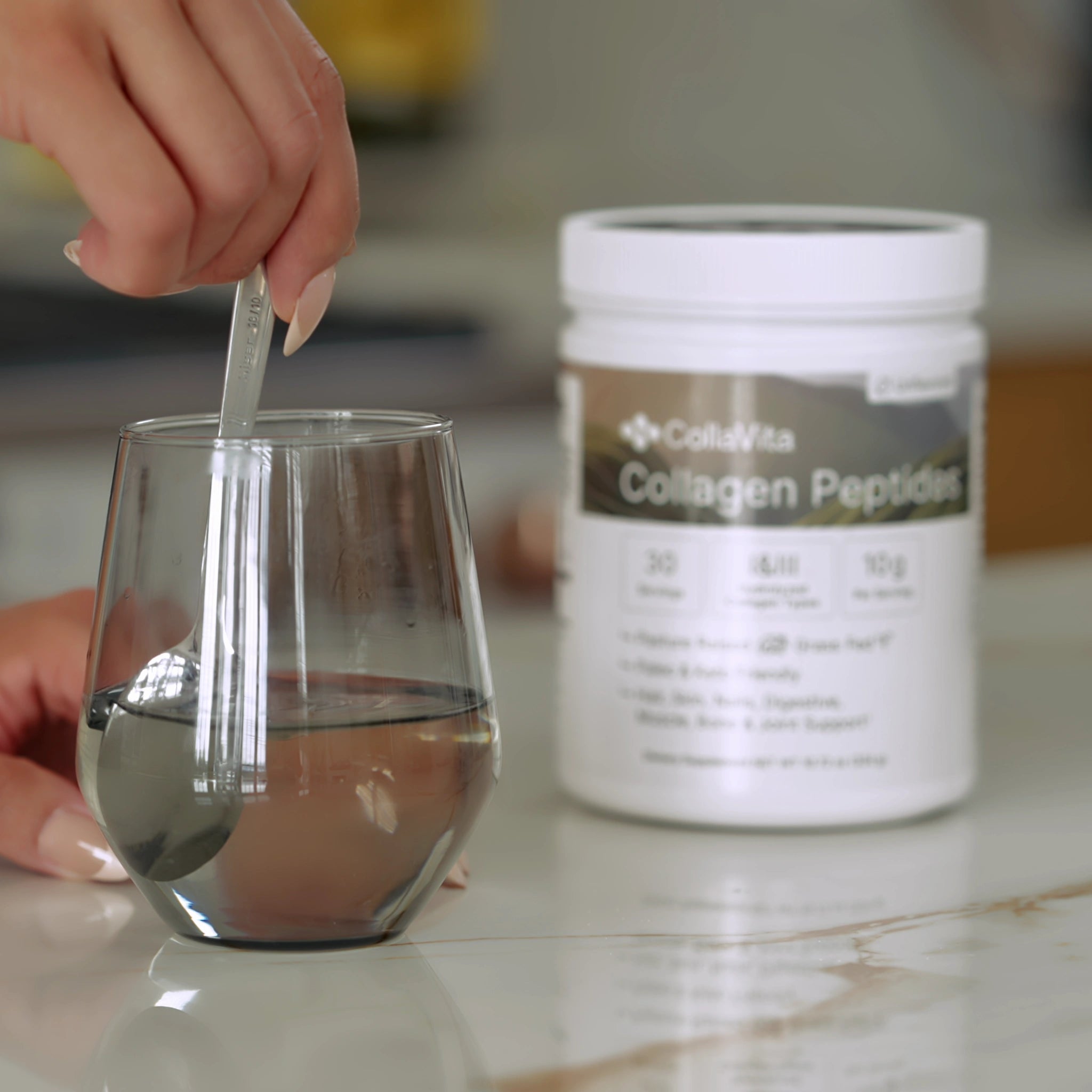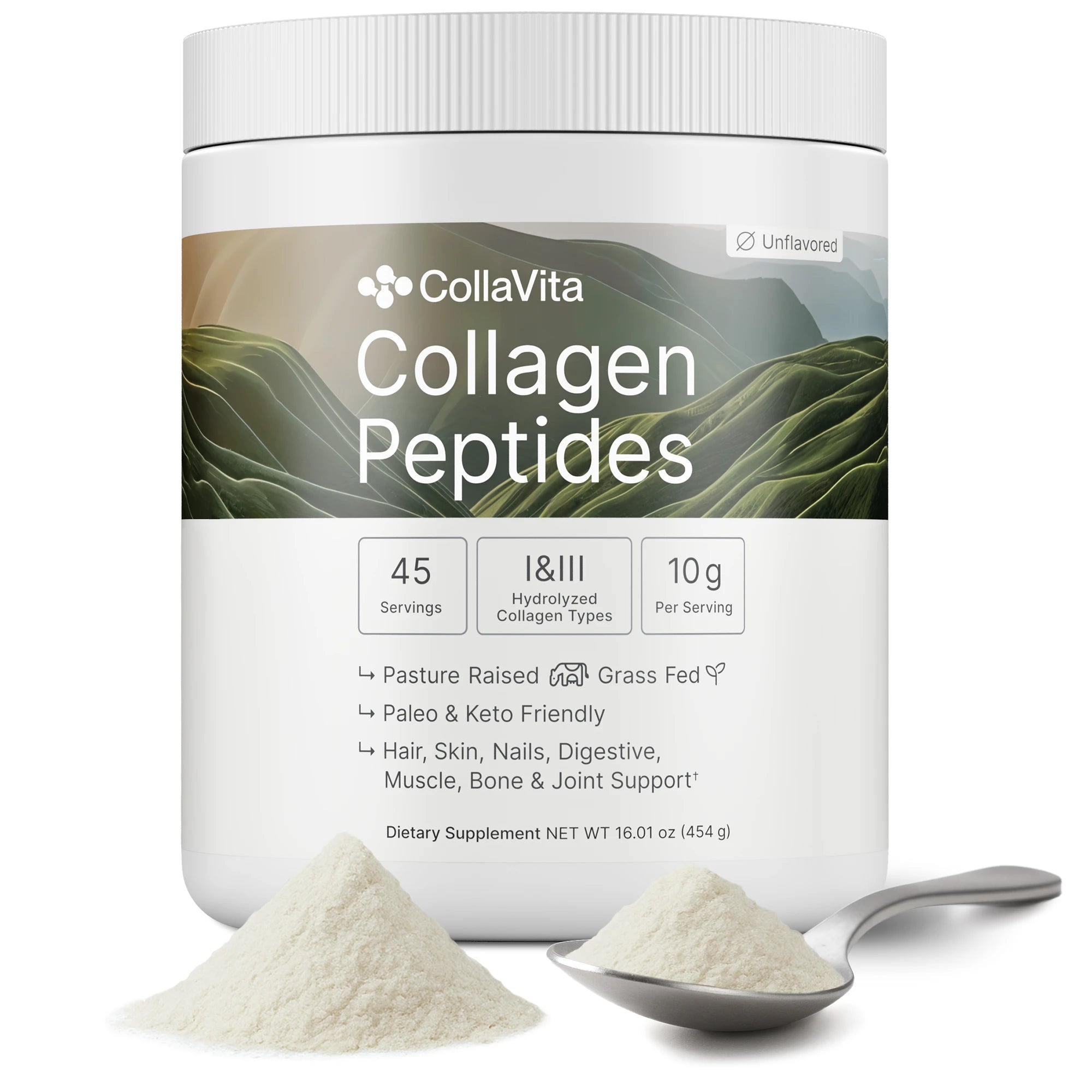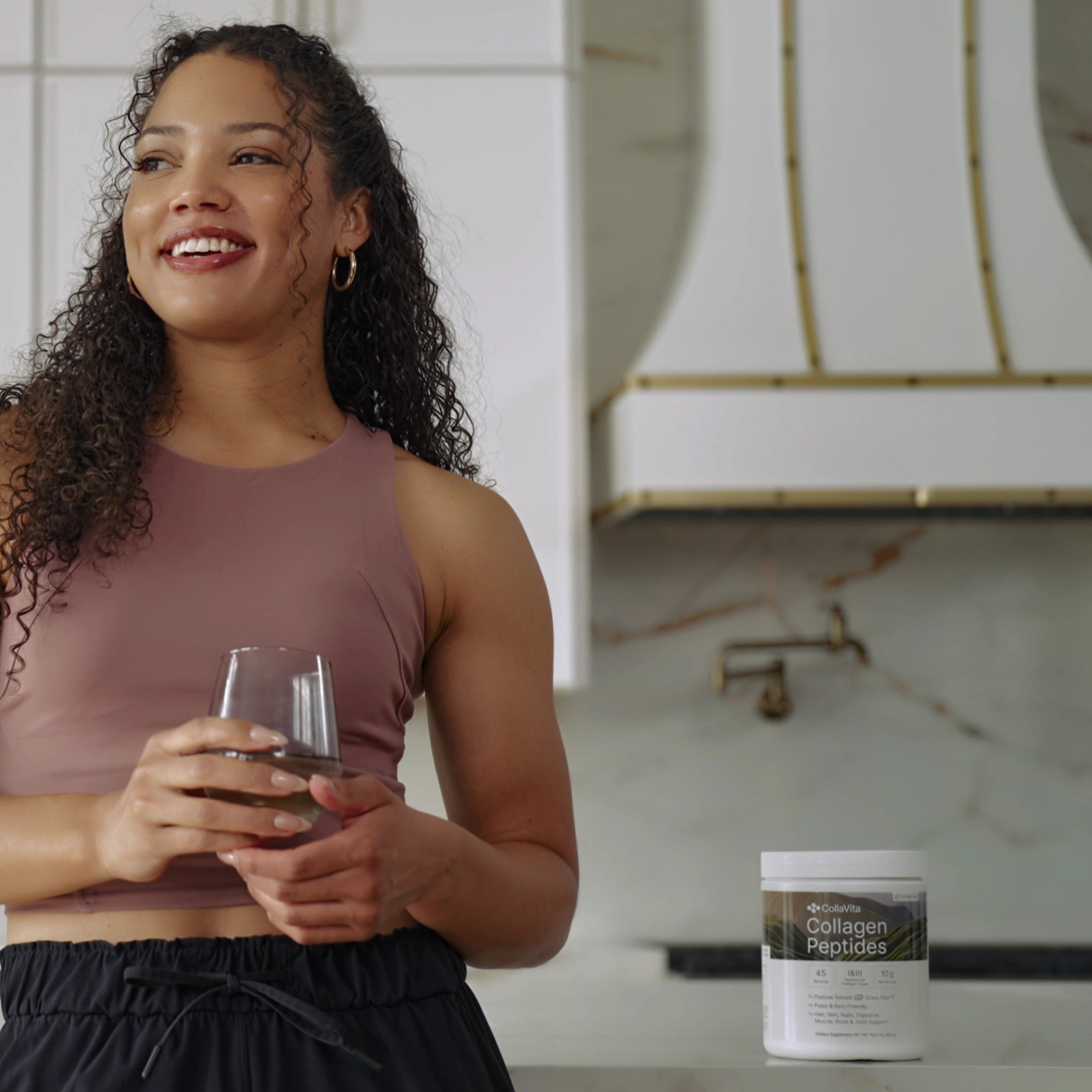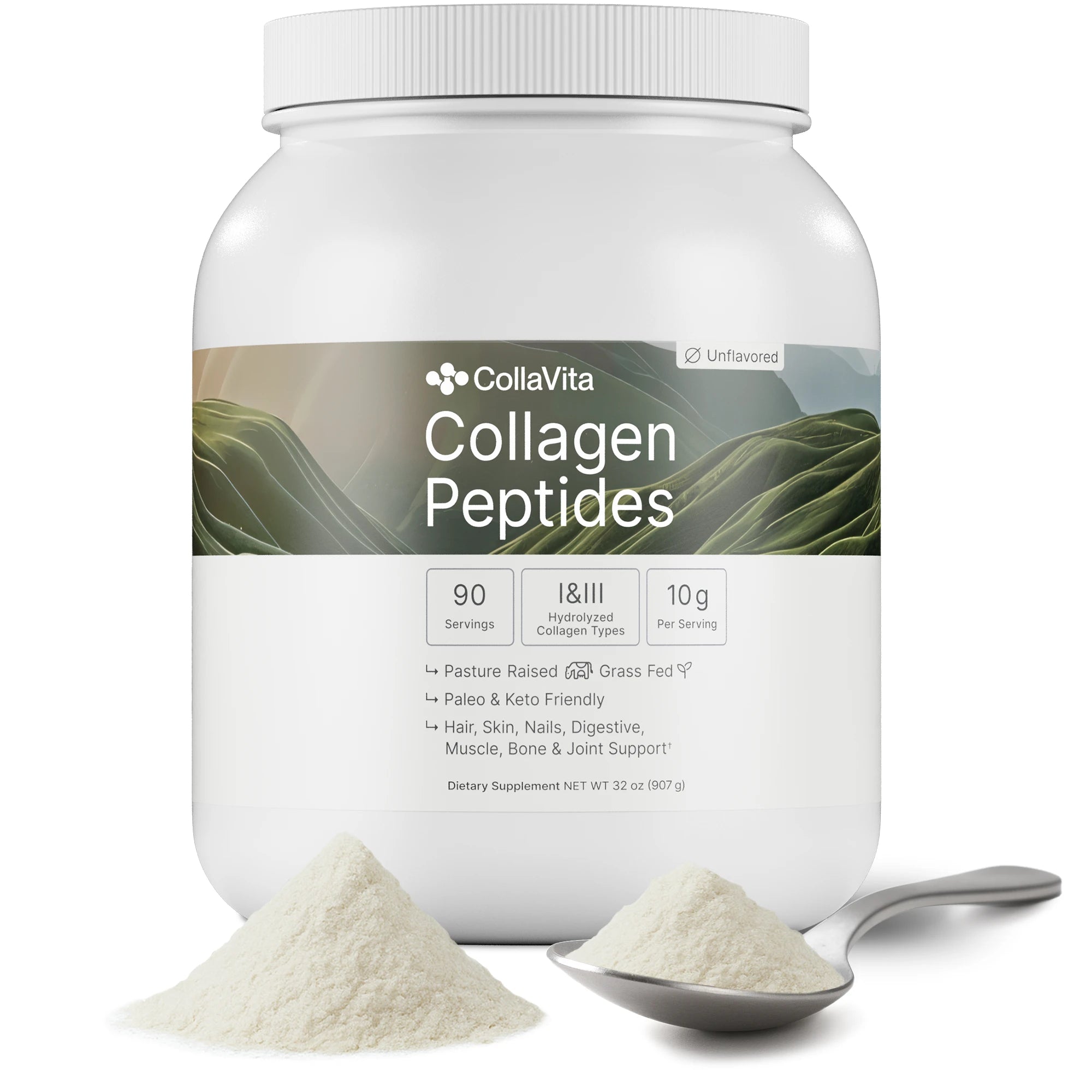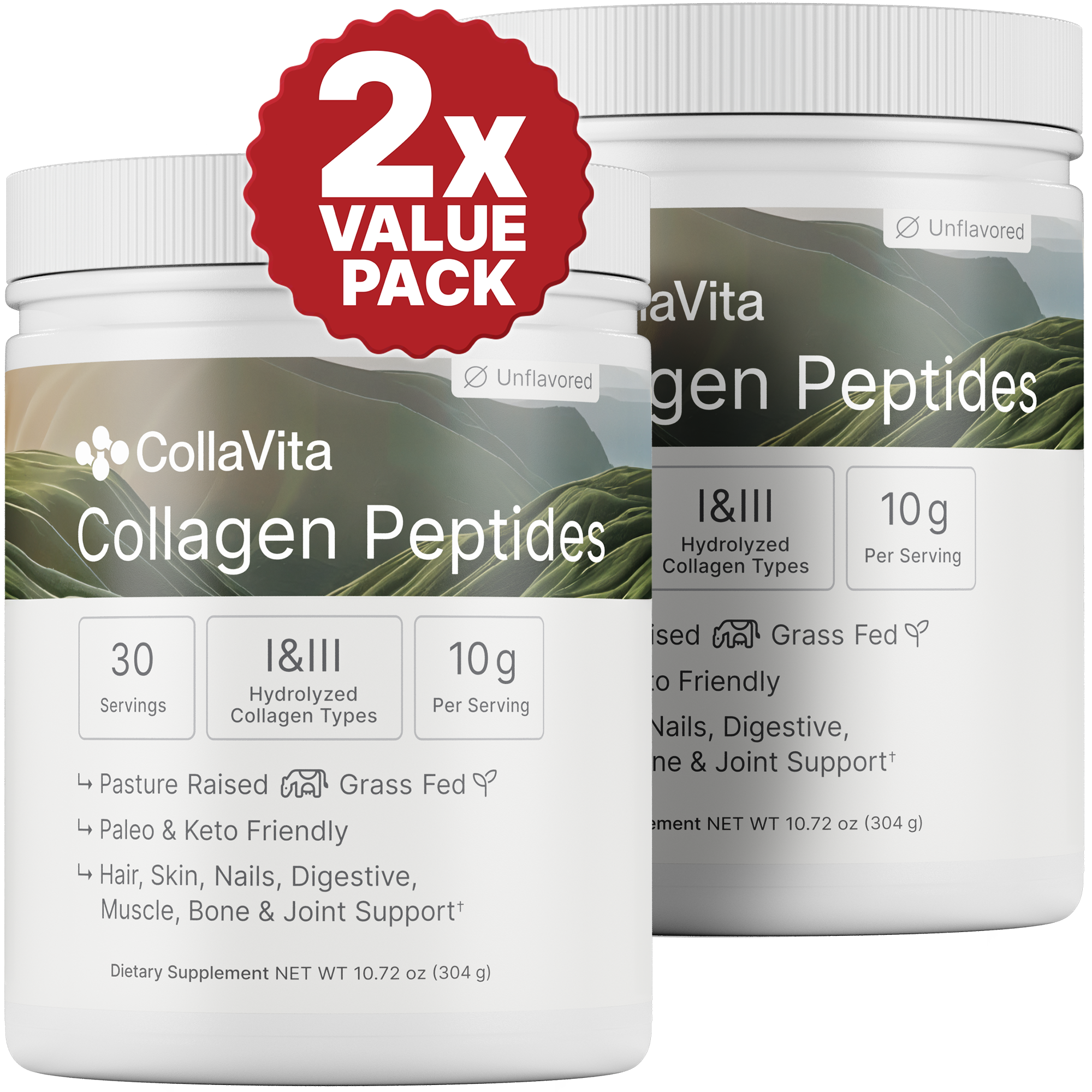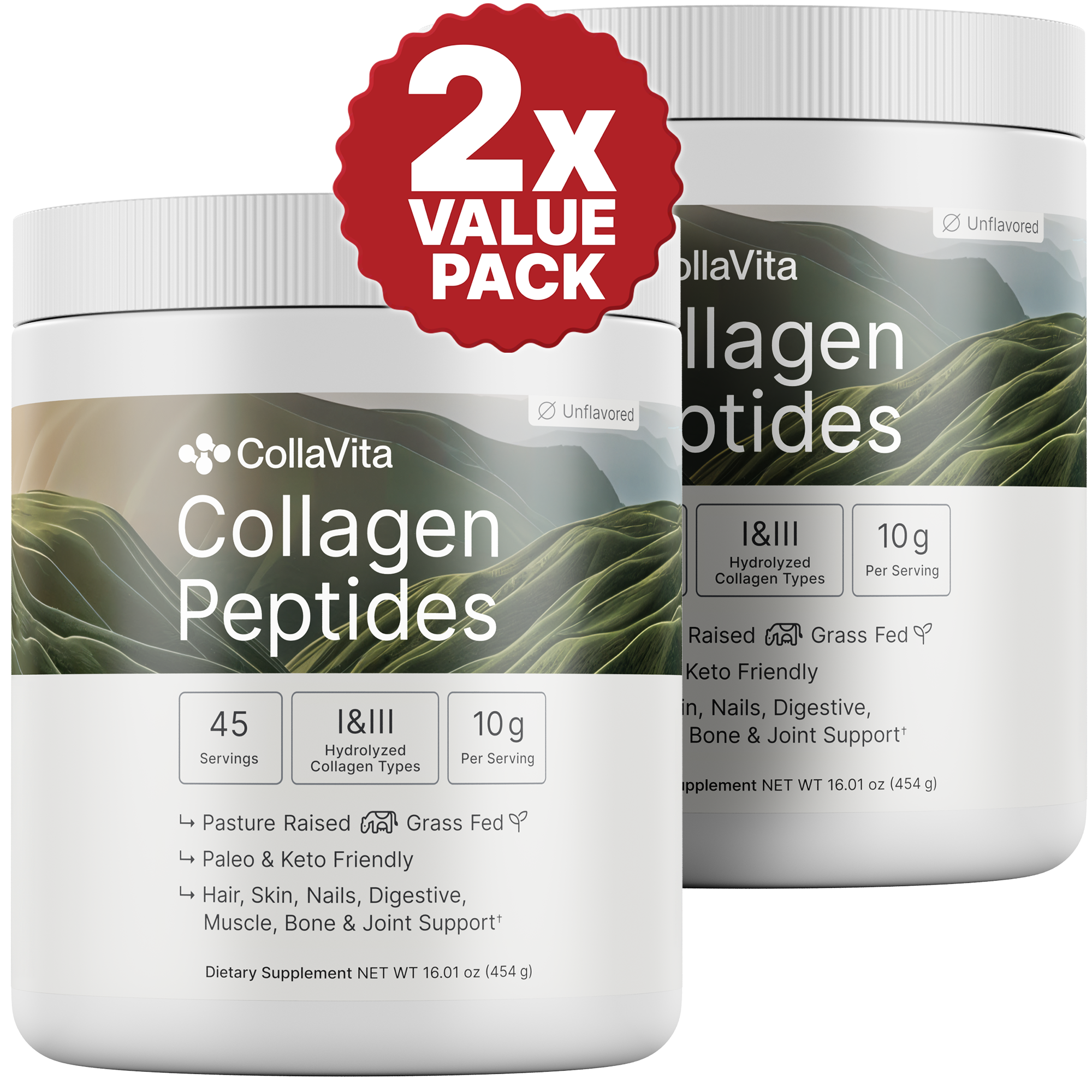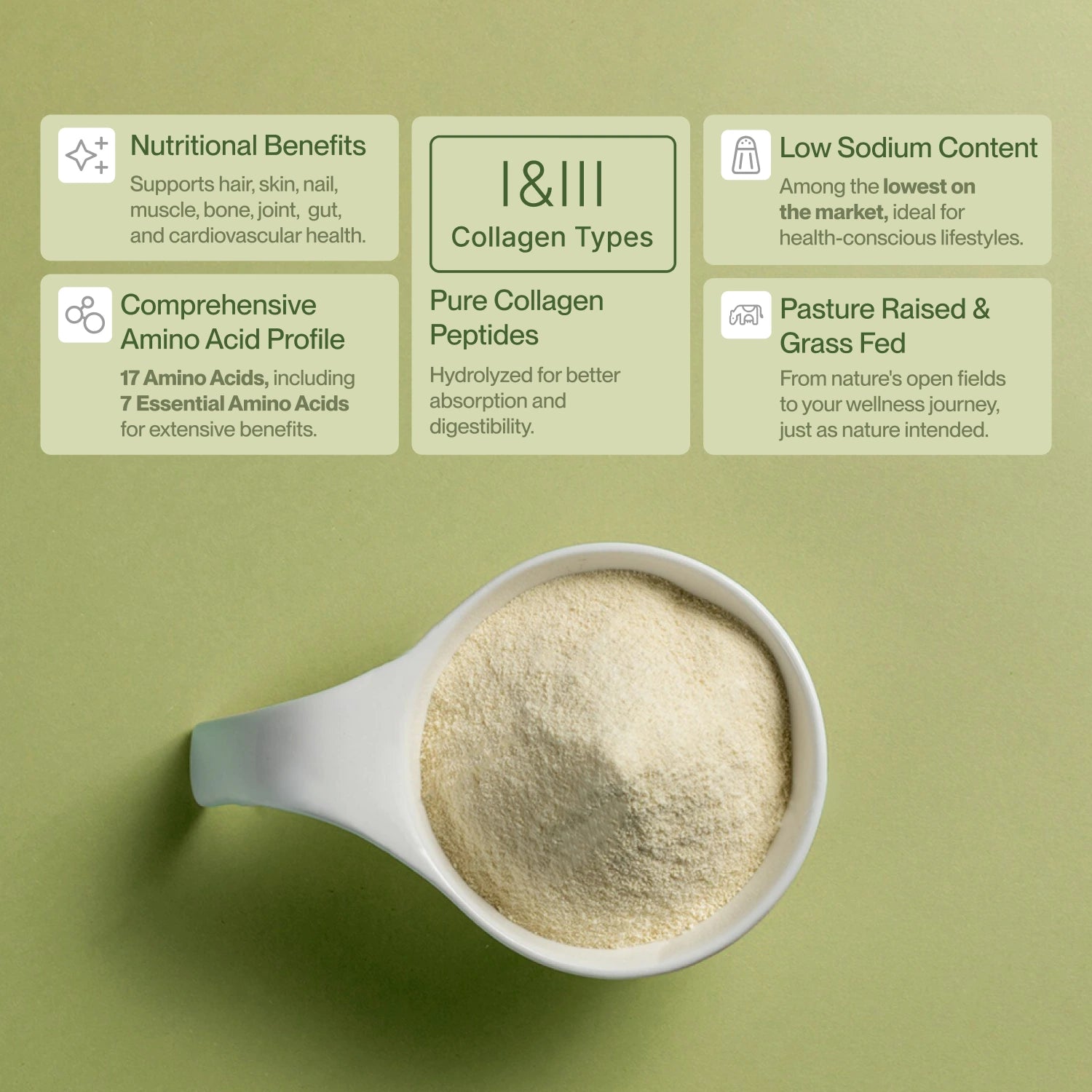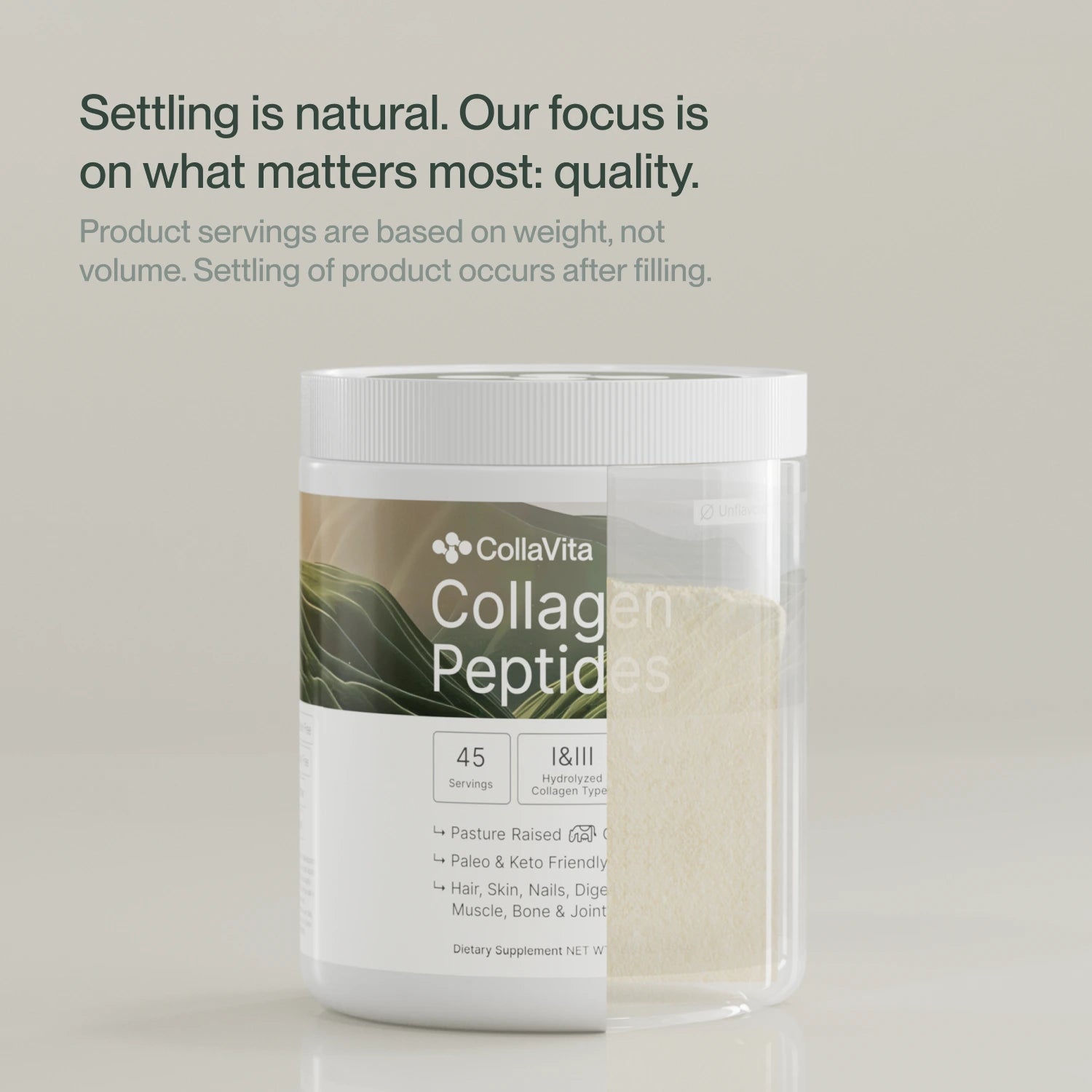What is Type I Collagen?
Here is the regenerated paragraph, drawing directly on the provided sources:
Collagen Type I (Col-I) is notable for its high biocompatibility in human tissue. It constitutes a major protein component, making up 90% in tissues such as vasculature, skin, tendon, and bone. The review "Current Insights into Collagen Type I" by Ruth Naomi et al., published in Polymers (Basel) in 2021, underscores its significance. This study highlights Col-I's role in bone repair and its applications in areas like regenerative medicine. Furthermore, related research, including an article by Naomi R. et al., investigates Col-I's relevance in skin wound healing.(2).
Type I collagen helps keep skin firm, reduces wrinkles, and prevents dryness. However, production declines after our mid-20s. A BMB Reports study suggests that supplements and collagen-rich foods can help maintain healthy levels.

What is Type II Collagen?
Type II collagen has looser fibers and is mainly found in cartilage, the retina, and intervertebral discs. It acts as a cushion for joints, allowing smoother movement. It’s especially important for joint health, as it makes up a key part of cartilage.
Type II collagen is often used in treating cartilage-related issues like knee osteoarthritis and rheumatoid arthritis. Studies, including one published in the Eurasian Journal of Medicine(3), show that it can reduce joint pain and improve mobility for people with knee osteoarthritis.

What is Type III Collagen?
Here is the regenerated paragraph, with all content directly supported by the provided source and appropriate citations:
Type III collagen is vital for the structure of connective tissues including cartilage, tendons, and ligaments, as well as many organs like the skin, heart, liver, kidney, lungs, blood vessels, and bones. It works alongside Type I collagen to provide structural support for muscle cells and is crucial for cardiac function, alongside its role in other tissues. While Type I collagen provides tensile strength, Type III collagen produces an elastic network that stores kinetic energy as an elastic rebound, contributing to tissue elasticity. This type of collagen is significantly involved in tissue injury and healing, with higher amounts of Type III collagen observed during wound healing. A study published in Cardiology and Cardiovascular Medicine reviews how the control of Type I and Type III collagen, and their ratio, is relevant in biological processes, including their contribution to tissue elasticity and flexibility and their role in tissue injury and healing(4).
What is Type IV Collagen?
Bioactive factors, including collagen peptides, are studied for their promising anti-aging effects on skin. These factors work by modulating biological pathways associated with skin integrity and youthfulness. The skin, being the body's largest organ, directly interacts with the external environment and is susceptible to aging influenced by factors like UV radiation, pollution, and oxidative stress. Research highlights the effectiveness of certain bioactive compounds in promoting collagen synthesis, enhancing skin barrier function, and mitigating the visible signs of aging. This information is presented in a 2024 review published in the International Journal of Molecular Sciences, titled "Research Progress on Bioactive Factors against Skin Aging"(5) explains that keeping Type IV collagen levels up helps maintain healthy skin.
What is Type V Collagen?
Type V collagen is found in small amounts in places like the cornea (eye), placenta, bones, and large blood vessels. It works with Types I and III collagen to help create strong structures. A study in The Anatomical Record(6) shows that Type V collagen helps connect and support collagen fibers in the skin and blood vessels.
What Are The Best Sources Of Collagen?
Collagen, primarily derived from animal-based foods, is essential for organ function, flexible skin, and sharp vision, with unique roles in elasticity, network formation, wound healing, and inflammation reduction. However, collagen production begins to decline in the mid-twenties and accelerates after age 40, with an annual decrease of about 1%. These findings are detailed in the article Hydrolyzed Collagen Sources and Applications, published in Molecules(7). To support your body's collagen levels, consider including these collagen-rich foods in your diet.
- Bone broth
- Chicken
- Fish
- Eggs
- Berries
- Broccoli
- Beef
- Salmon
- Sardines
Additionally, you can boost collagen intake with hydrolyzed collagen supplements, which are easily absorbed by the body. If you're looking for a more targeted approach to skin health, collagen creams, gels, and injections can also be effective.

Why do I need collagen?
Collagen is a key protein that keeps our skin firm, elastic, and youthful, helping prevent wrinkles and sagging. It also plays a critical role in the structure and function of bones, organs, and tissues throughout the body. However, as we age, collagen production decreases, leading to visible signs of aging, such as wrinkles and saggy skin. To maintain healthy collagen levels, it's essential to supplement with collagen-rich foods or supplements, especially the best types of collagen for skin and joint health.
Who should use collagen?
Collagen is beneficial for people with joint pain, osteoarthritis, or concerns about bone health. It's also great for anyone looking to improve skin firmness, reduce wrinkles, and maintain a youthful appearance. Athletes or individuals who are physically active can also benefit from collagen, as it helps support tendon, ligament, and overall joint health, making collagen for athletes a valuable option to consider.
SOURCES
(1) - Ricard-Blum S. The collagen family. Cold Spring Harb Perspect Biol. 2011 Jan 1;3(1):a004978. doi: 10.1101/cshperspect.a004978. PMID: 21421911; PMCID: PMC3003457.
(2) - Naomi R, Ridzuan PM, Bahari H. Current Insights into Collagen Type I. Polymers (Basel). 2021 Aug 9;13(16):2642. doi: 10.3390/polym13162642. PMID: 34451183; PMCID: PMC8399689.
(3) - Bakilan, F., Armagan, O., Ozgen, M., Tascioglu, F., Bolluk, O., Alatas, O. (2016). Effects of native type II collagen treatment on knee osteoarthritis: A randomized controlled trial. Eurasian Journal of Medicine, 48(2), 95-101.
(4) - Singh, D., Rai, V., Agrawal, D. K. (2023). Regulation of Collagen I and Collagen III in Tissue Injury and Regeneration. Cardiology and Cardiovascular Medicine, 7, 5-16.
(5) - He, X.; Gao, X.; Guo, Y.; Xie, W. Research Progress on Bioactive Factors against Skin Aging. Int. J. Mol. Sci. 2024, 25, 3797.
(6) - Mak, K. M., Png, C. Y. M., Lee, D. J. (2016). Type V collagen in health, disease, and fibrosis. The Anatomical Record, 299(5), 613–629.
(7) - León-López, A.; Morales-Peñaloza, A.; Martínez-Juárez, V.M.; Vargas-Torres, A.; Zeugolis, D.I.; Aguirre-Álvarez, G. Hydrolyzed Collagen—Sources and Applications. Molecules 2019, 24, 4031.
Scientifically Reviewed by Omer (Matt) Sermet


